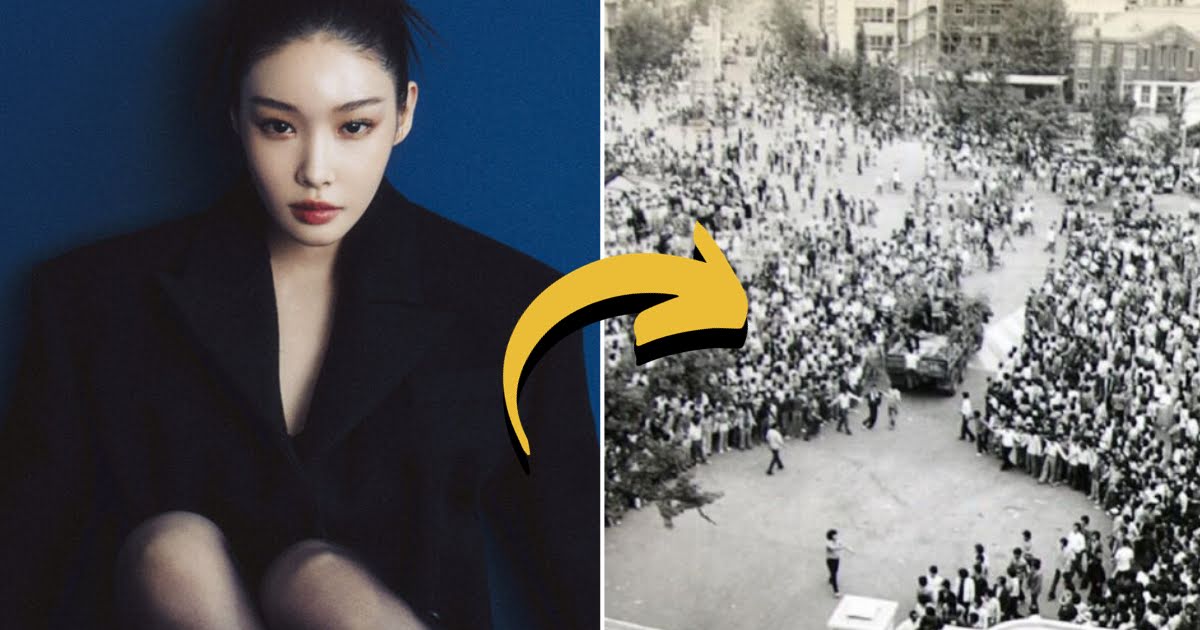A few months ago, singer Chungha appeared on a variety program and revealed that she had spent her year-long break from the spotlight last year studying and attaining a first-degree certification in the Korean History Proficiency Test. In a recent interview, she revealed the intriguing reason behind her decision to pursue that path.
Your browser does not support video.
In her latest interview with Allure magazine, Chungha talked about how she spent 2023, revealing that she has been preparing for her comeback after joining the label MORE VISION while also hosting her own radio show and enjoying her social life with friends.
Chungha
Apart from these, one of her major achievements in 2023, according to the singer herself, was passing the level 1 certification test of the Korean History Proficiency Exam. The test is organized and conducted by the National Institute of Korean History four times annually, and its goal is to create interest in and correct understanding of Korea’s culture and history among the younger generation.
Chungha confessed that she never got the chance to study history properly, and this lack of knowledge forced her to be silent during many discussions out of fear of making a mistake. So, she decided to use her break to hone her weak point.
But there is another special reason behind the singer’s interest in history. Chungha revealed in the interview that her maternal grandfather was a man of national merit as he participated in the Gwangju Uprising. This honorable lineage also intrigued her to learn more about the times her grandfather lived through.
Gwangju civilians gathered at the South Jeolla Provincial Office at the height of the democracy uprising in 1980 | Yonhap
The Gwangju Uprising is one of the milestone historical events in post-independence South Korea. In 1980, when Chun Doo Hwan took over the country as a military dictator and implemented martial law imprisoning political leaders, closing universities, and suppressing the press, the city of Gwangju saw a pro-democracy uprising. However, the movement was quashed ruthlessly by Chun’s military government, leading to a massacre of thousands, and to this day, the bereaved families of the victims are waiting for justice.
The victims of the Gwangju Massacre were buried at the May 18 National Cemetery | Wikimedia Commons
Though the Gwangju Uprising was termed “riots” by the authoritarian government of that time, South Koreans today largely look back at it as a heroic historical movement. So, netizens are all the more impressed by Chungha’s dedication to learning the correct history of her culture and paying her respects to her grandfather.




